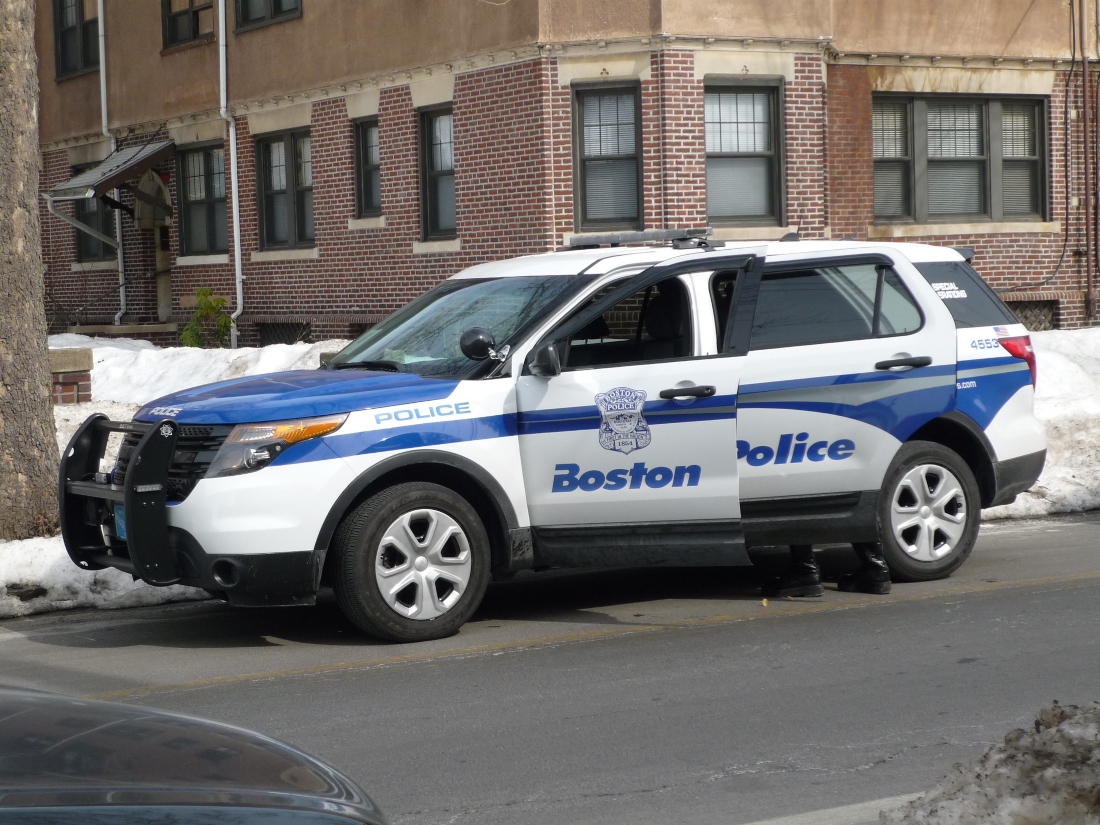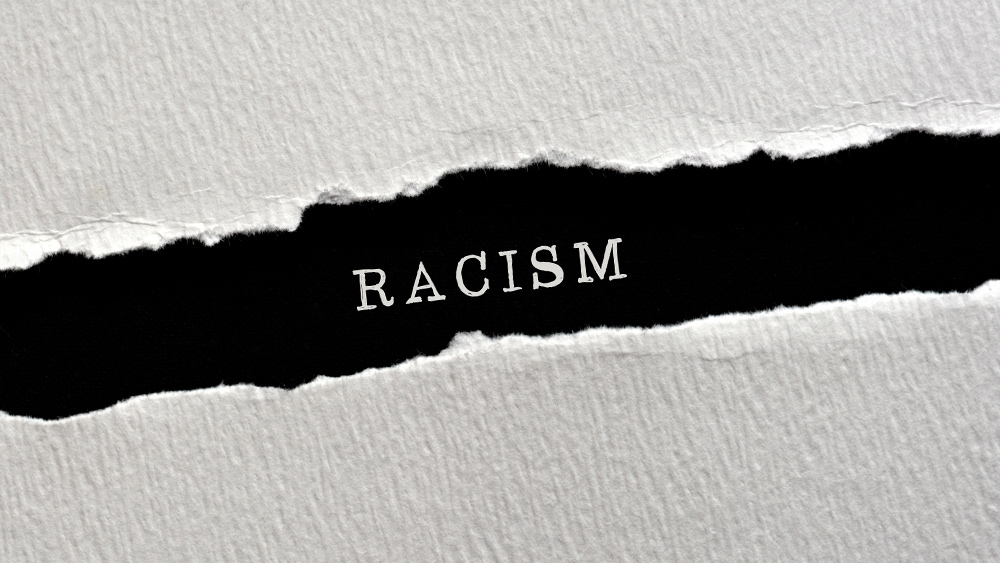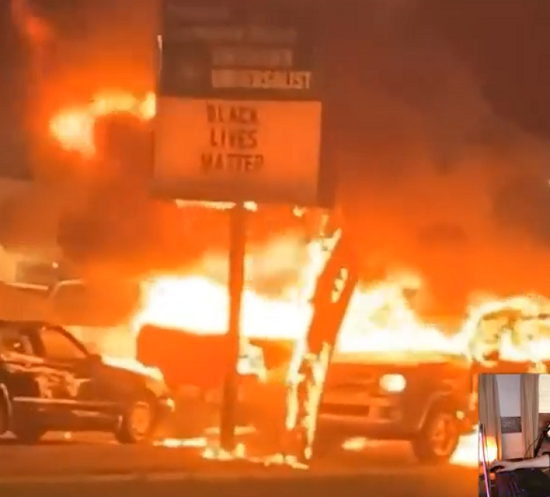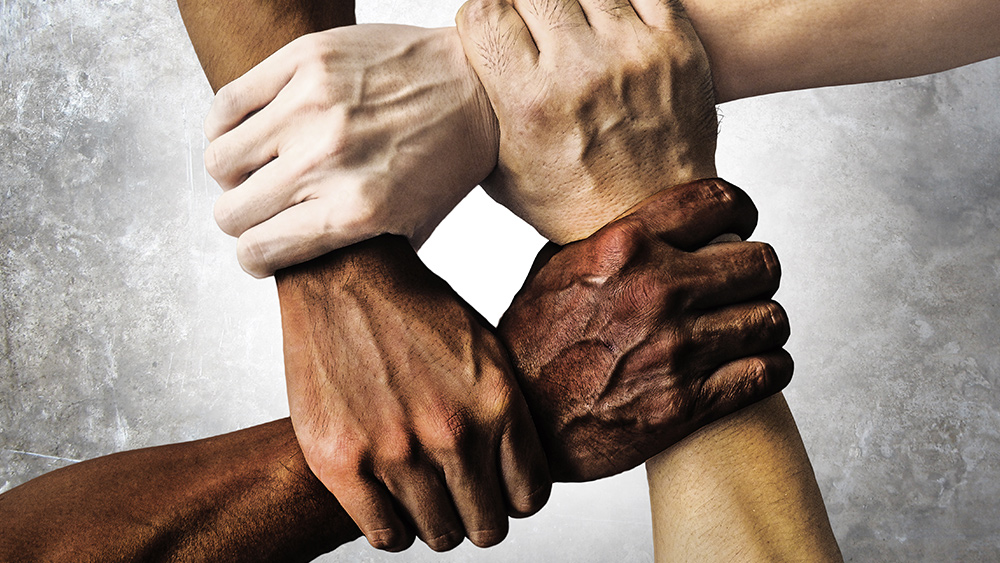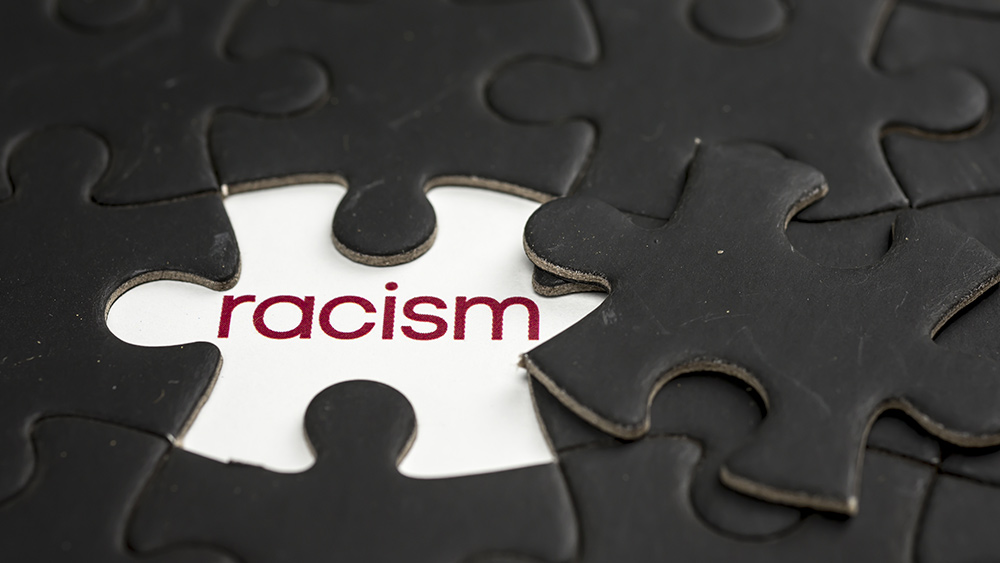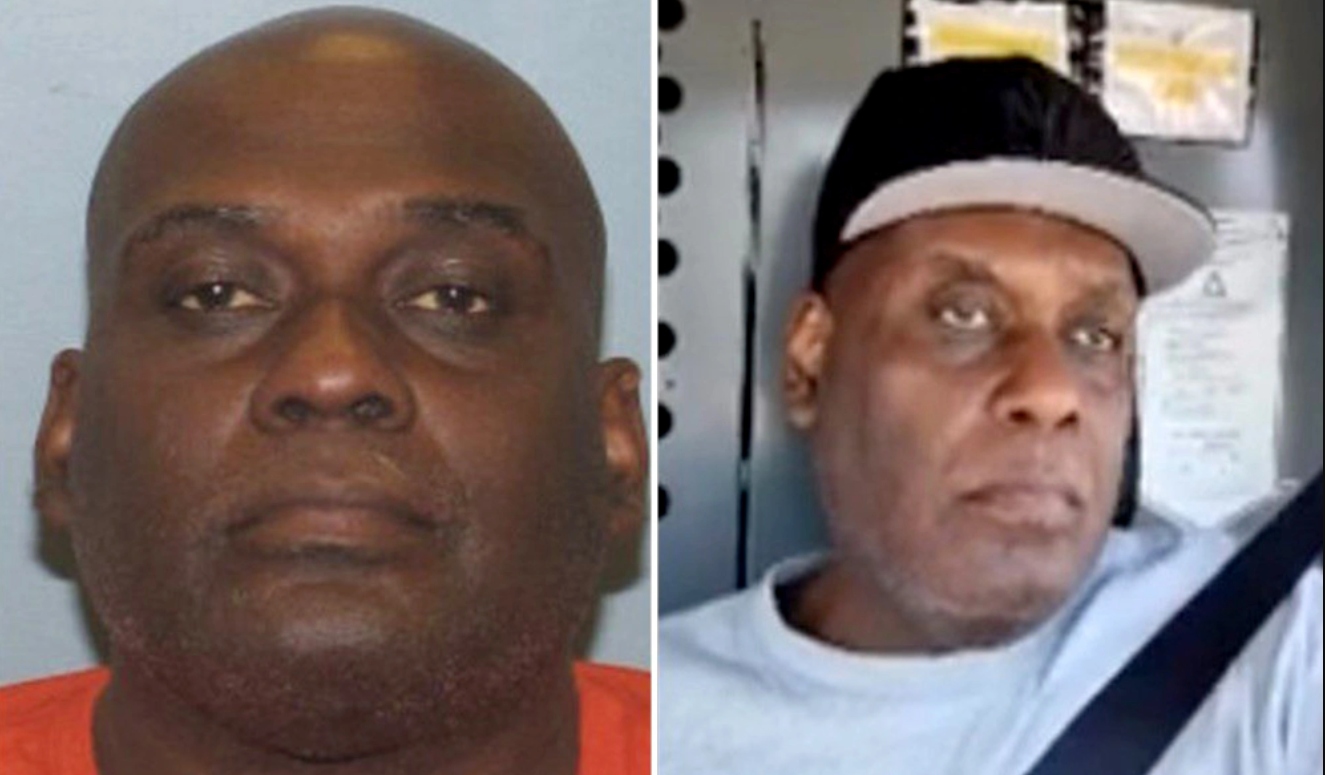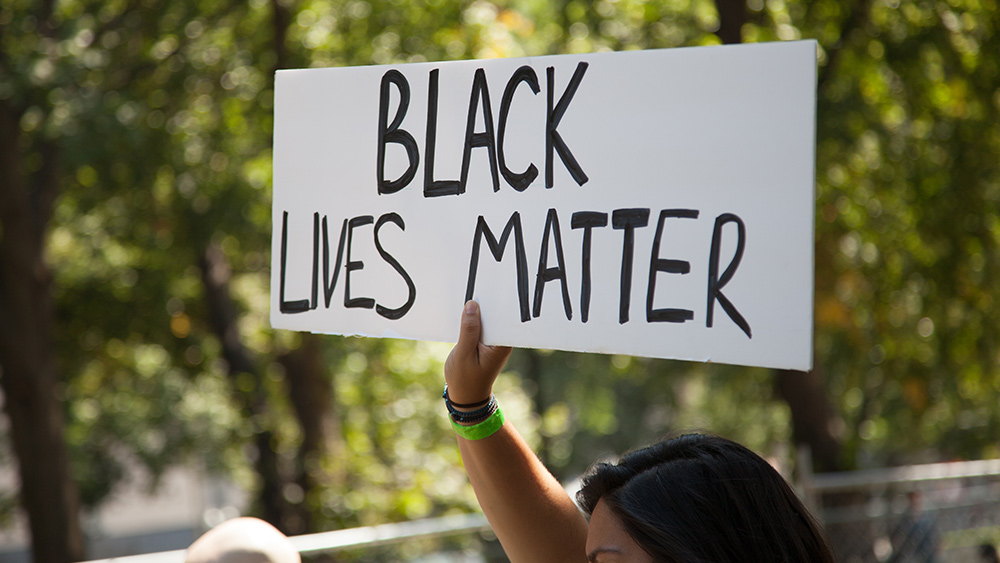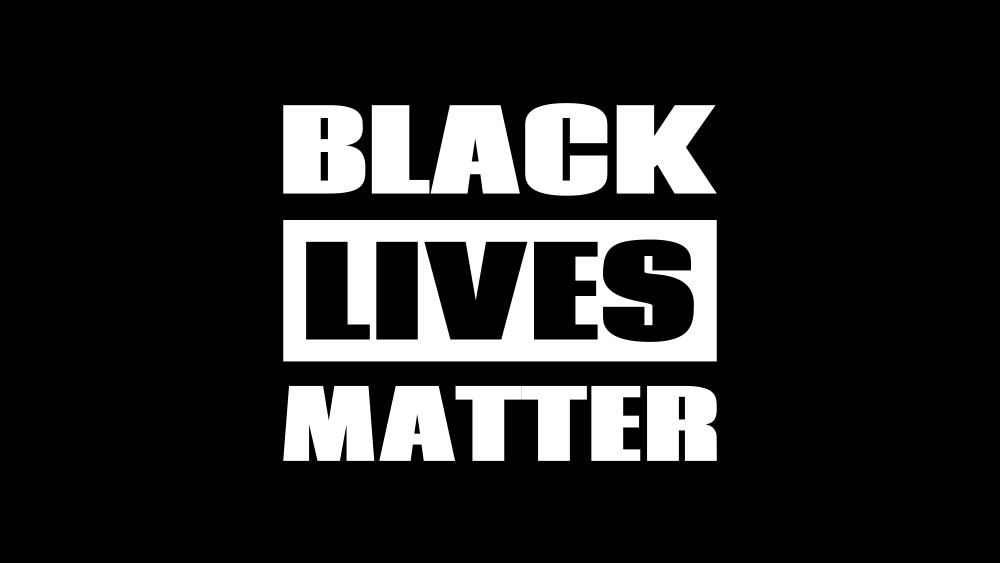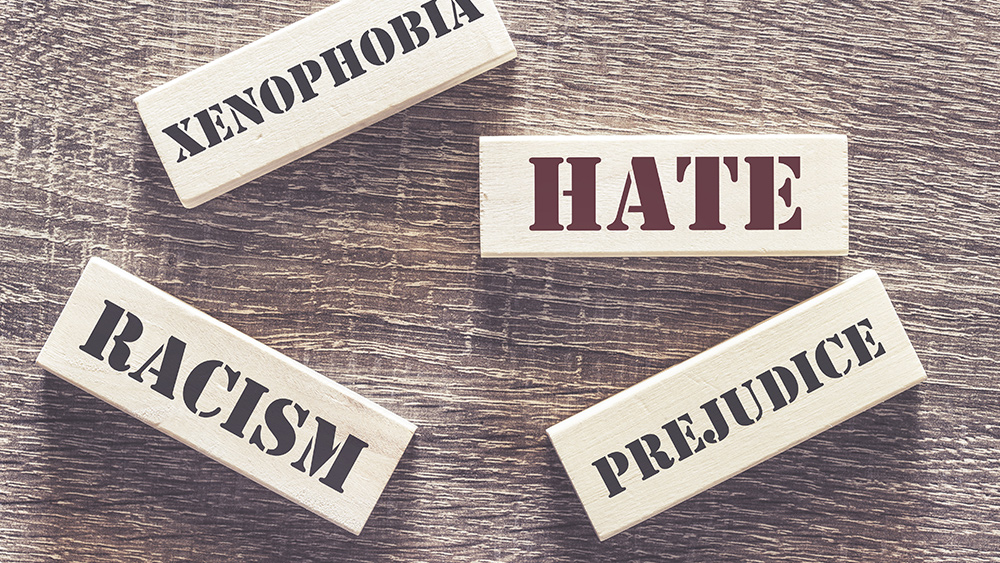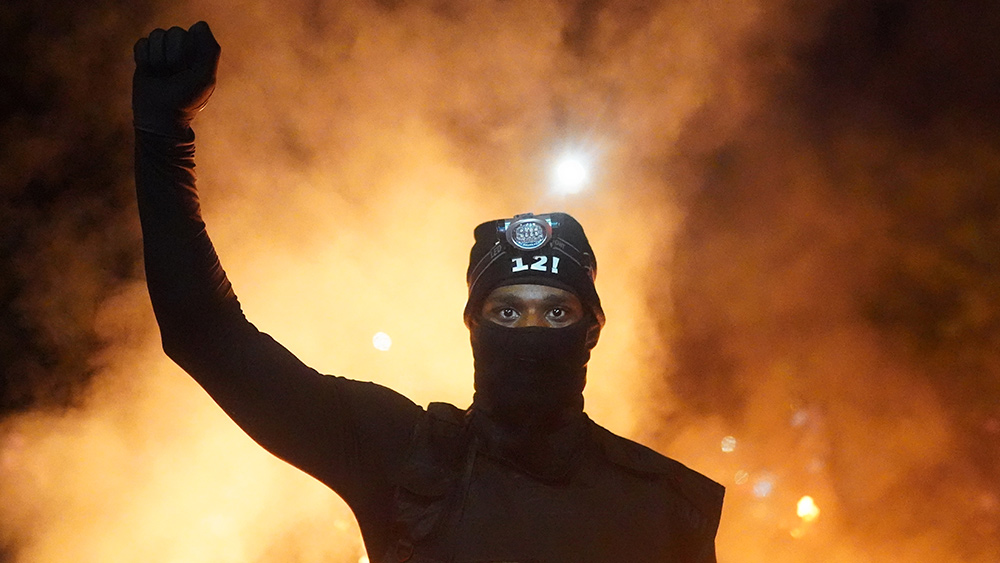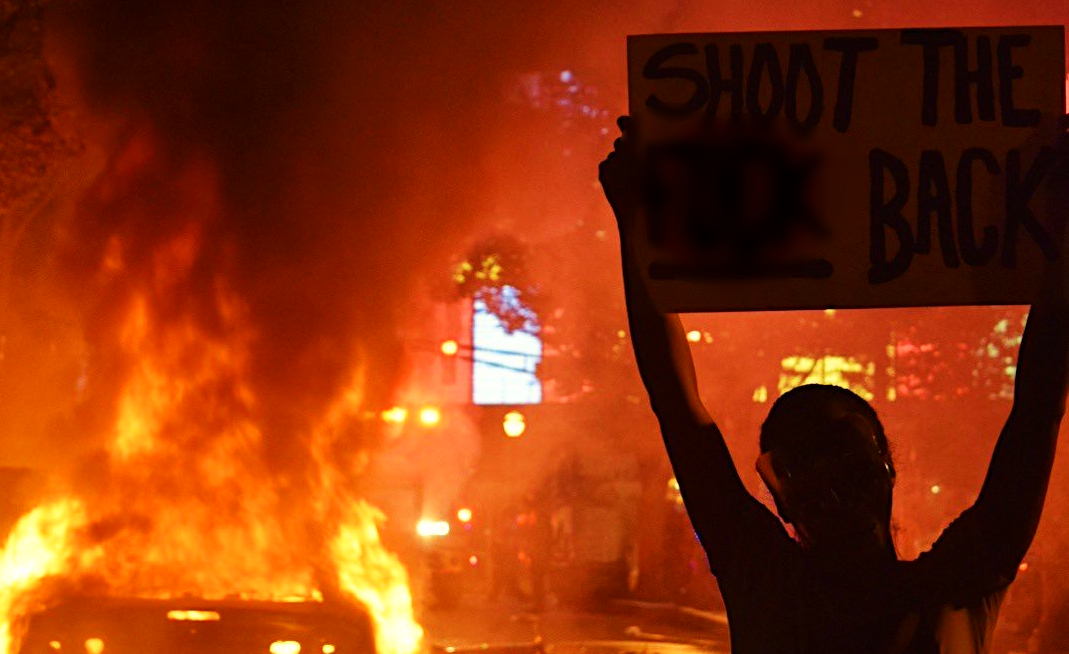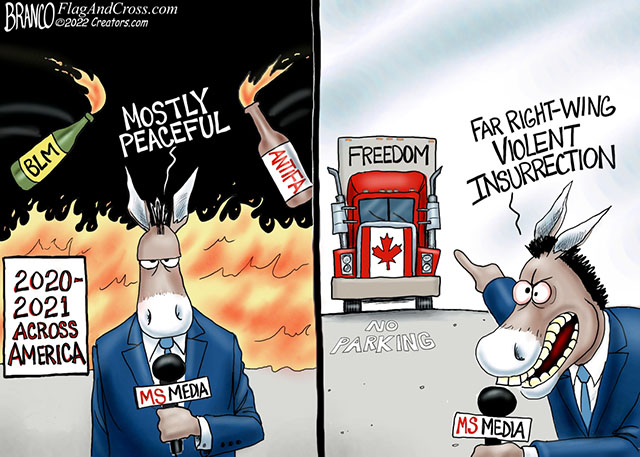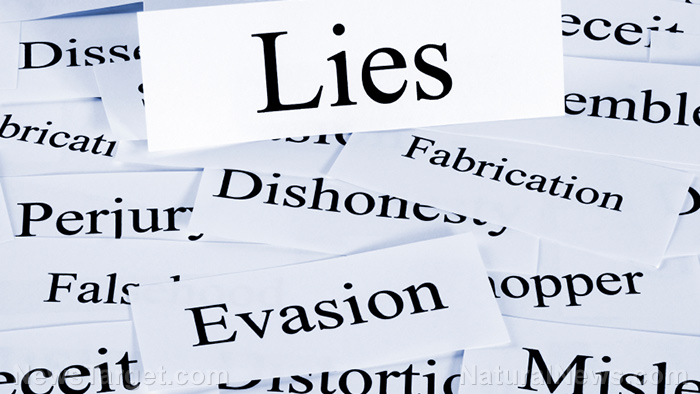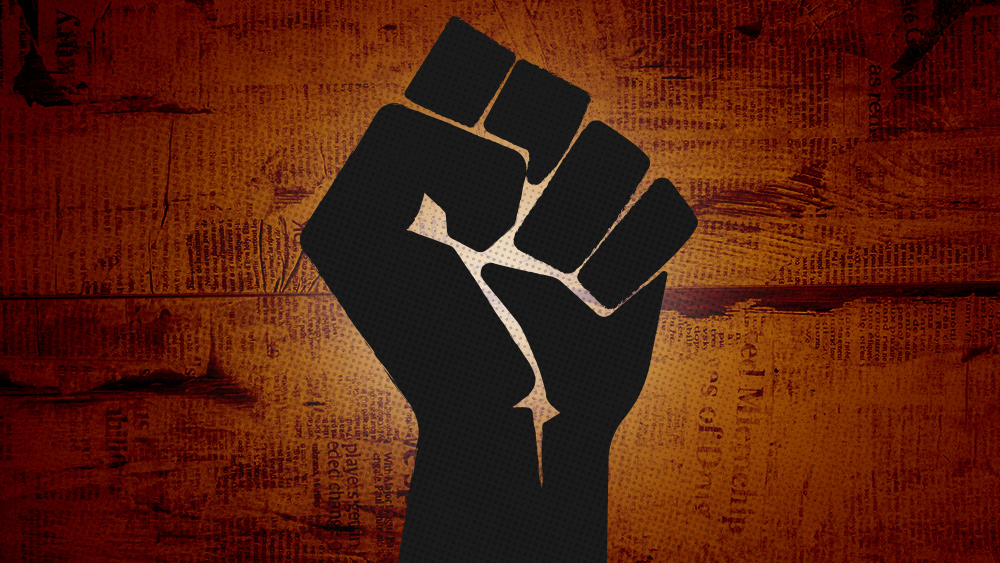Political science expert debunks Liberal myth: Hate crime hoaxes more prevalent than previously thought
07/28/2020 / By Michael Alexander
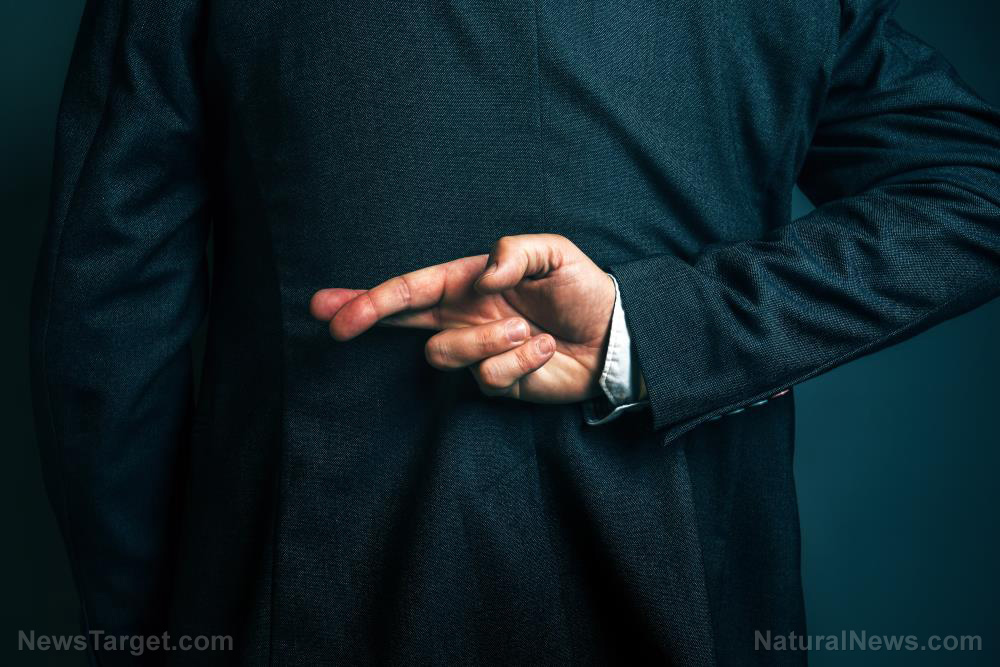
As it turns out, hate crime hoaxes are more prevalent than one might think.
This is according to Wilfred Reilly, an assistant professor of political science at Kentucky State University, who, after compiling a database of hate crime allegations, found that less than a third were actually genuine.
Reilly first compiled 346 hate crime allegations and soon found that less than a third of the reported cases were actually genuine. After this, he put together a data set of more than 400 confirmed cases of fake hate crime allegations, all of which were reported to authorities from 2010 to 2017.
Reilly, who recently wrote a book on the subject titled “Hate Crime Hoax: How the Left is Selling a Fake Race War,” noted that while the exact number of false reports is probably unknowable, it can still be said “with absolute confidence” that the actual number of hate crime hoaxes is indisputably large.
“We are not speaking here of just a few bad apples,” Reilly said, referring to several high-profile alleged hate crimes that in the end were revealed to have been staged, such as the Jussie Smollett incident.
The incident, in which the Black television actor was purportedly set upon and punched by two white male Donald Trump supporters who then splashed his face with an unknown chemical substance and threatened him with a noose, made major headlines and was even labeled as one of the worst hate crimes to ever be reported.
The incident also prompted politicians Kamala Harris and Cory Booker to describe the alleged attack as an attempted “modern-day lynching.”
Investigations into the case, however, revealed that everything was staged: Smollett, “dissatisfied” with his USD 65,000 per episode salary from the television show “Empire,” paid two Nigerian men, brothers Ola and Abel Osundairo, to “attack” him on the night of the incident.
Smollett was slapped with several charges related to the incident: one for making false statements, and sixteen for disorderly conduct. He was also dropped from “Empire,” with show creator Lee Daniels noting that the show’s predominantly African-American cast “experienced pain and anger and sadness and frustration” in the wake of the incident.
Chicago Police Superintendent Eddie T. Johnson, himself an African-American, has since blasted Smollett, noting in a press conference that Smollett “took advantage of the pain and anger of racism to promote his career.”
“Why would anyone, especially an African-American man, use the symbolism of a noose to make false accusations? How can an individual who’s been embraced by the city of Chicago turn around and slap everyone in the city in the face with these false claims?” Johnson said.
“It was a situation so extreme and bizarre that I think we would have had to look at how much racial progress the U.S. had actually made had it really occurred,” Reilly said. (Related: Democrats TERRORIZE themselves with endless parade of fake hate crime hoaxes and made-up fake news.)
In an interview with the Wall Street Journal, Reilly lamented what he said is the growing politicization of hate crimes, especially when they are directed toward individuals from underrepresented groups — regardless of whether they actually happened.
These incidents, Reilly noted, are oftentimes seized upon by politicians, activists and other individuals and entities, all of whom are driven by the need to feed Liberal groupthink that considers discrimination and oppression as being the main drivers of inequality in the country.
“In the mainstream media, we hear almost constant talk about scary new forms of racism: ‘white privilege,’ ‘cultural appropriation,’ and ‘subtle bigotry,’” Reilly said, noting that the same media coverage does not exist for the hate crimes that have since been outed as fake and staged.
In a column for USA Today, Reilly noted that while the motivations behind some hate crime hoaxes are “tawdry and financial,” some were actually honorable, albeit misguided and ill-informed, such as the college campus hate hoax cases reported in Kean University and the University of Chicago, in which the individuals responsible admitted to staging incidents to call attention to real incidents of racist violence on campus.
Cynthia Deitle, who spent more than 20 years with the Federal Bureau of Investigation as a special agent in the civil rights unit, and focused on hate crimes and police brutality, shared the same sentiment, noting that the most common motivation behind the false hate crime reports that she had investigated was the desire for attention and sympathy.
“They felt that being labeled a ‘hate crime victim’ would be a positive result,” Deitle, who now works as director of programs and operations at the anti-hate crime organization Matthew Shepard Foundation, said.
According to Deitle, people would often make false allegations in order to draw attention away from real negative aspects of their lives, such as poor performance at school or work.
Law and crime experts, however, noted that staged hate crimes such as that of Smollett’s and others like it can undermine the credibility of both real bias victims and actual anti-hate efforts.
“Devastating is how I would describe this Smollett story, especially during this legislative season when some states are trying to pass hate crime reform bills,” Brian Levin, a national hate crime expert and the director of the Center for the Study of Hate and Extremism at California State University, San Bernardino, said, adding that cases have the potential to eclipse real facts surrounding hate crimes.
Among those cases was the one reported in 2016 by Yasmin Seweid.
Seweid, who was 18 years old at the time of the incident, was on the New York City subway when she was assaulted by three men who subjected her to Islamophobic slurs.
Within weeks, however, Seweid admitted to making up the story, telling authorities that she only made up the false account in order to cover for a missed curfew. She has since been charged with filing a false report, which is classified as a misdemeanor in New York State.
Already, repercussions from staged and falsified hate crimes are now being felt.
Representative Nick Zerwas of Elk River, Minnesota, has filed a bill that is expected to hand down tougher penalties on people who falsely report hate crimes in his state.
Zerwas, a staunch Republican, said the bill — which makes falsely reporting hate crimes a gross misdemeanor punishable up to a year in jail and a $3,000 fine — aims to dissuade people from filing false reports, noting that such actions often traumatize communities and force police to waste resources.
The announcement was met with pushback from Democrats.
According to Democratic majority leader, Ryan Winkler, Zerwas’s proposal, aside from being nothing more than “grandstanding on a high-profile news story,” would have a chilling effect on people.
“If anything, people under-report these kinds of crimes,” Winkler said, noting that instead of encouraging people to report actual crimes, Zerwas’ proposal would force people to stay silent.
Sources include:
Submit a correction >>
Tagged Under:
accusations, assault, blame, celebrity, Chicago, debunked myths, deception, Ellen Page, empire, fake news, False Claims, hate crimes, hoax, intolerance, Jussie Smollett, left cult, Liberal Mob, lies, MAGA country, obey, President Trump, race wars, racism, religious freedom, religious rights, rigged, self-terrorize, Seweid, Vice President Pence, Wilfred Reilly, Yasmin Seweid
This article may contain statements that reflect the opinion of the author
RECENT NEWS & ARTICLES
COPYRIGHT © 2020 BlackLiesMatter.News
All content posted on this site is protected under Free Speech. BlackLiesMatter.News is not responsible for content written by contributing authors. The information on this site is provided for educational and entertainment purposes only. It is not intended as a substitute for professional advice of any kind. BlackLiesMatter.News assumes no responsibility for the use or misuse of this material. All trademarks, registered trademarks and service marks mentioned on this site are the property of their respective owners.

